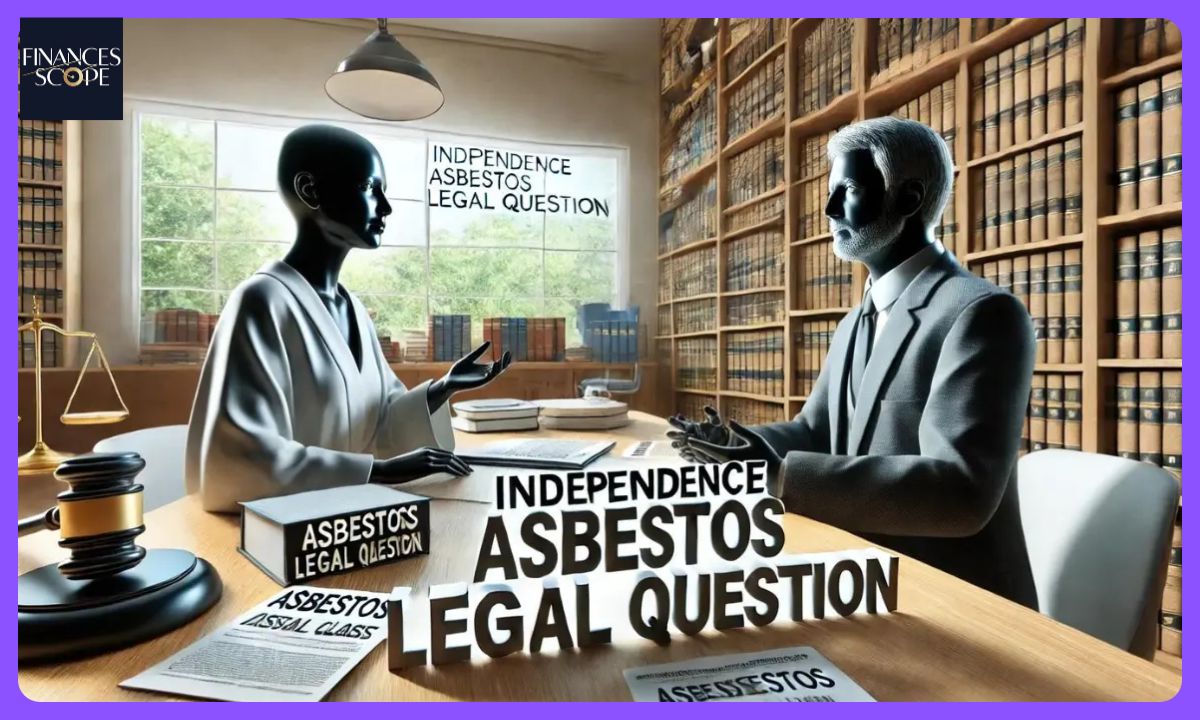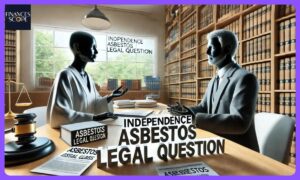Asbestos, once hailed as a miracle material, now haunts countless lives. Its devastating health effects have sparked legal battles worldwide.
This guide aims to shed light on the complex world of asbestos litigation. We’ll explore the risks, regulations, and legal options available to those affected.
Understanding Asbestos And Its Health Risks
Asbestos has a long and complicated history. Its use spans centuries, but its dangers have only recently come to light. Understanding asbestos is crucial for anyone facing potential exposure or legal issues.
What Is Asbestos?
Asbestos is a naturally occurring mineral. It consists of long, thin fibers that are resistant to heat and chemicals. These properties made it popular in construction and manufacturing. Asbestos was widely used in insulation, roofing, and fireproofing materials.
The versatility of asbestos led to its widespread adoption. It was found in everything from ship parts to car brakes. Many homes built before the 1980s contain asbestos materials. Its use declined sharply after its health risks became known.
Health Risks Of Asbestos Exposure
Exposure to asbestos can have severe health consequences. When disturbed, asbestos fibers become airborne. These tiny fibers can be inhaled or ingested, causing serious illnesses. The most well-known asbestos-related disease is mesothelioma, a rare and aggressive cancer.
Other health risks include lung cancer and asbestosis. These conditions often take decades to develop after exposure. This long latency period complicates both medical treatment and legal action. Many people are unaware they’ve been exposed until symptoms appear years later.
Legal Regulations For Handling Asbestos Independently
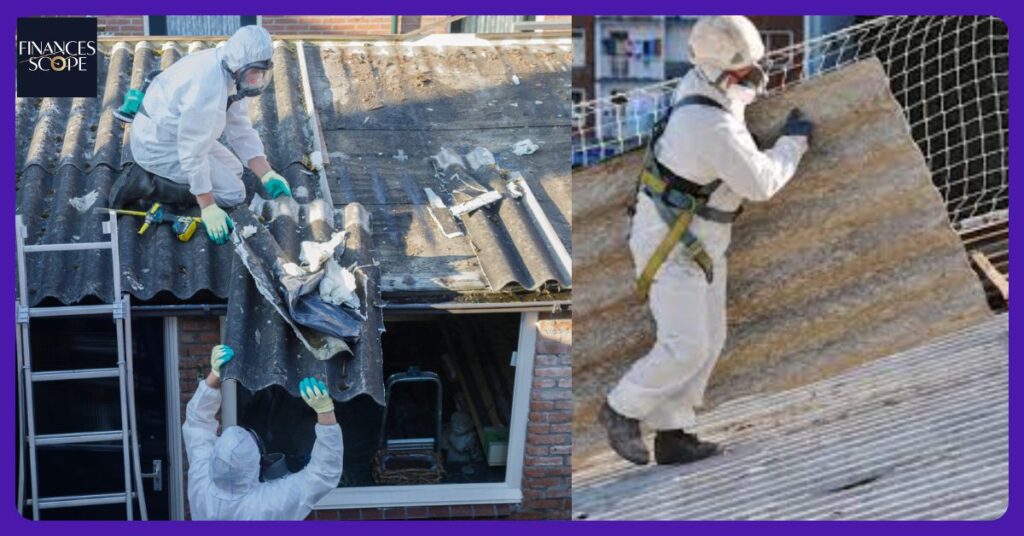
Handling asbestos is not a task to be taken lightly. Strict regulations govern its management and removal. These rules aim to protect workers and the public from exposure.
Understanding Asbestos Independence
Asbestos independence refers to the ability to handle asbestos without professional help. It’s a risky proposition given the health hazards involved. Most jurisdictions heavily restrict or prohibit independent asbestos handling.
Homeowners and business owners must be aware of these restrictions. Attempting to remove or disturb asbestos without proper training can be illegal. It also poses significant health risks to yourself and others.
Regulations Overview
Asbestos regulations vary by country and region. In the United States, several federal agencies oversee asbestos control. These include the Environmental Protection Agency (EPA) and the Occupational Safety and Health Administration (OSHA).
The EPA regulates asbestos in schools and public buildings. It also sets standards for asbestos removal and disposal. OSHA focuses on protecting workers from asbestos exposure. Both agencies have strict guidelines for handling asbestos-containing materials.
Key Legal Requirements
Key legal requirements for asbestos handling include proper training and certification. Anyone working with asbestos must undergo specialized training. This includes learning about safety procedures and proper disposal methods.
Asbestos removal often requires notifying local authorities. Strict documentation and record-keeping are also mandatory. Failure to comply with these regulations can result in hefty fines and legal consequences.
Read This Blog: Symmetry Financial Group Lawsuit: Allegations, Legal Battle, And Industry Impact
Legal Options For Asbestos Exposure Victims
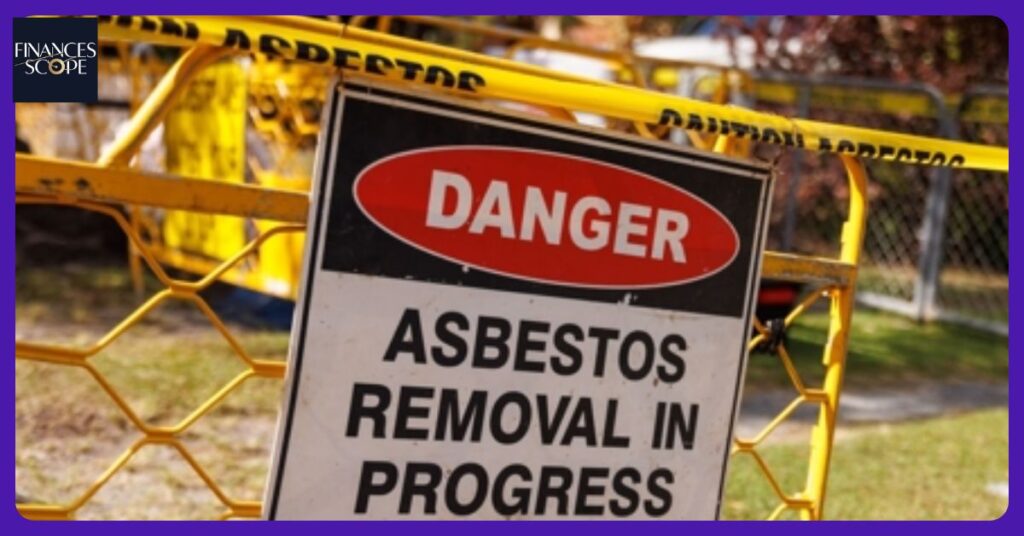
Victims of asbestos exposure have several legal avenues available. These options aim to provide compensation for medical expenses and suffering. Understanding these options is crucial for those affected by asbestos-related diseases.
Filing Personal Injury Lawsuits
Personal injury lawsuits are a common legal route for asbestos victims. These lawsuits target companies responsible for the asbestos exposure. Victims must prove that their illness resulted from the defendant’s negligence.
Filing a lawsuit can be a complex process. It often requires extensive documentation and expert testimony. Many victims choose to work with specialized asbestos attorneys. These lawyers have experience navigating the intricacies of asbestos litigation.
Pursuing Wrongful Death Claims
In cases where asbestos exposure leads to death, families can file wrongful death claims. These claims seek compensation for the loss of a loved one. They can cover medical expenses, funeral costs, and lost income.
Wrongful death claims follow similar procedures to personal injury lawsuits. However, they often involve additional emotional and financial considerations. Families must prove that asbestos exposure directly contributed to the death.
Accessing Asbestos Trust Funds
Many companies responsible for asbestos exposure have established trust funds. These funds provide compensation to victims without the need for lawsuits. Accessing these trusts can be a faster alternative to litigation.
Trust fund claims typically require less proof than lawsuits. However, the compensation amounts may be lower. Victims or their families must still provide medical evidence and exposure history.
Proving Causation In Asbestos Cases
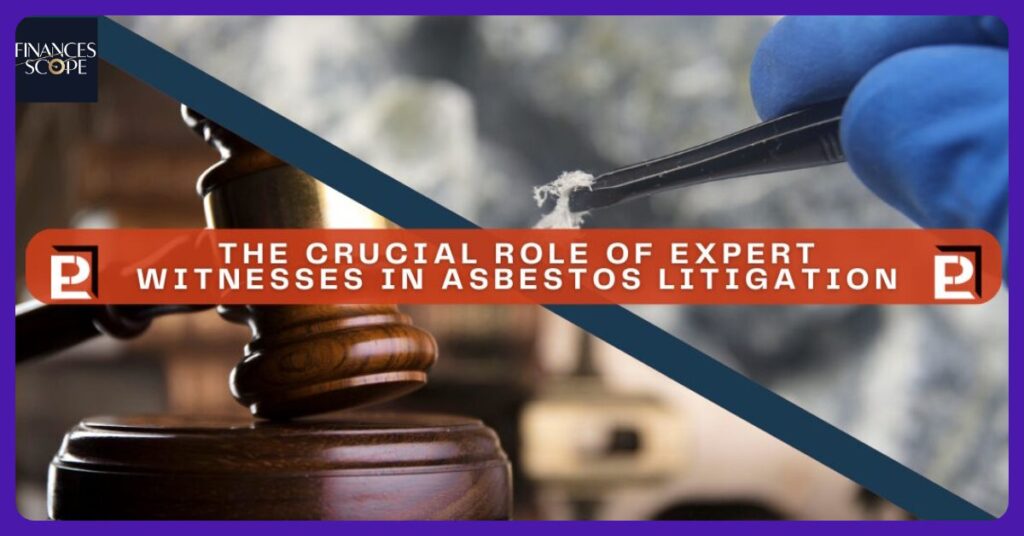
Proving causation is a critical aspect of asbestos litigation. It involves demonstrating a clear link between asbestos exposure and the resulting illness. This can be challenging due to the long latency period of asbestos-related diseases.
Legal Necessity Of Proving Causation
In legal terms, causation means showing that the defendant’s actions directly led to the plaintiff’s injury. For asbestos cases, this means proving that exposure to the defendant’s asbestos caused the illness.
Proving causation often requires extensive medical evidence. Victims must show a history of asbestos exposure linked to the defendant. They must also demonstrate that this exposure was sufficient to cause their illness.
Court Precedents
Court precedents play a significant role in asbestos litigation. Previous cases have established important legal principles. These precedents guide how courts handle new asbestos claims.
One key precedent is the recognition of secondary exposure. Courts have ruled that companies can be liable for exposing workers’ families to asbestos. This has expanded the scope of potential claimants in asbestos cases.
Role Of Asbestos Attorneys

Asbestos attorneys play a crucial role in helping victims seek justice. Their specialized knowledge is invaluable in navigating complex asbestos laws. Understanding their role can help victims make informed decisions about legal action.
Importance Of Specialized Attorneys
Specialized asbestos attorneys have in-depth knowledge of asbestos litigation. They understand the medical aspects of asbestos-related diseases. This expertise is crucial for building strong cases.
Asbestos attorneys are familiar with relevant laws and regulations. They know how to navigate the complex legal landscape of asbestos claims. Their experience can significantly impact the outcome of a case.
Services Offered By Asbestos Lawyers
Asbestos lawyers offer a range of services to their clients. They help gather medical evidence and exposure histories. Attorneys also handle all legal paperwork and court proceedings.
Many asbestos attorneys work on a contingency fee basis. This means they only get paid if they win the case. This arrangement can make legal representation more accessible to victims.
Compensation Options For Victims
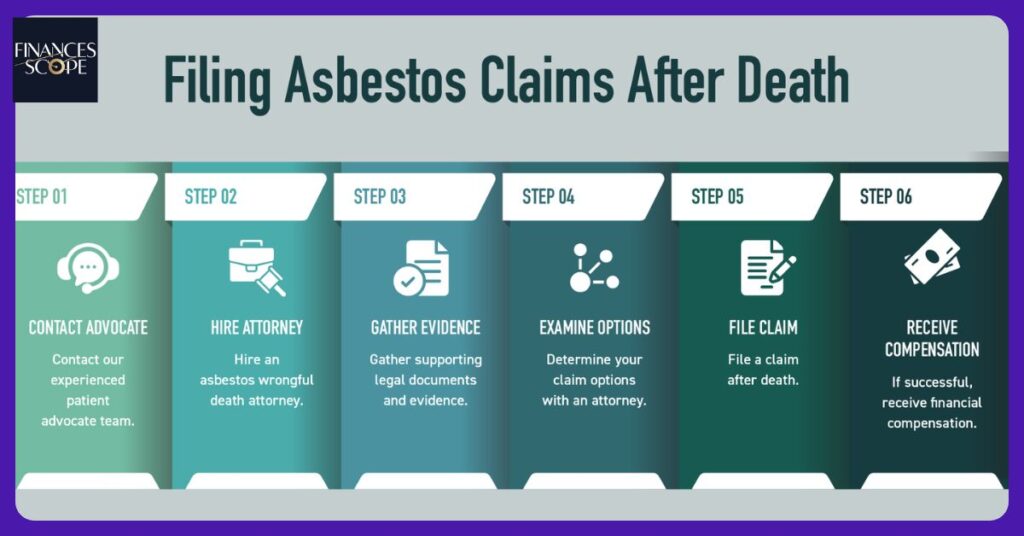
Asbestos victims may be eligible for various types of compensation. Understanding these options is crucial for making informed decisions. Compensation can help cover medical expenses and provide financial security.
Types of Compensation
Compensation for asbestos victims can come in several forms. Medical expense coverage is a common type of compensation. This helps pay for treatments related to asbestos-caused illnesses.
Victims may also receive compensation for lost wages and pain and suffering. In some cases, punitive damages may be awarded. These are meant to punish companies for particularly egregious behavior.
Process Of Seeking Compensation
The process of seeking compensation varies depending on the chosen legal route. Filing a lawsuit typically involves a longer process. It may include depositions, court appearances, and possibly a trial.
Claiming from asbestos trust funds is often faster. However, it may result in lower compensation amounts. Many victims work with attorneys to determine the best approach for their situation.
Also Read This Blog: Drive Social Media Lawsuit St Louis: Key Details And Implications
Insurance And Asbestos Liability
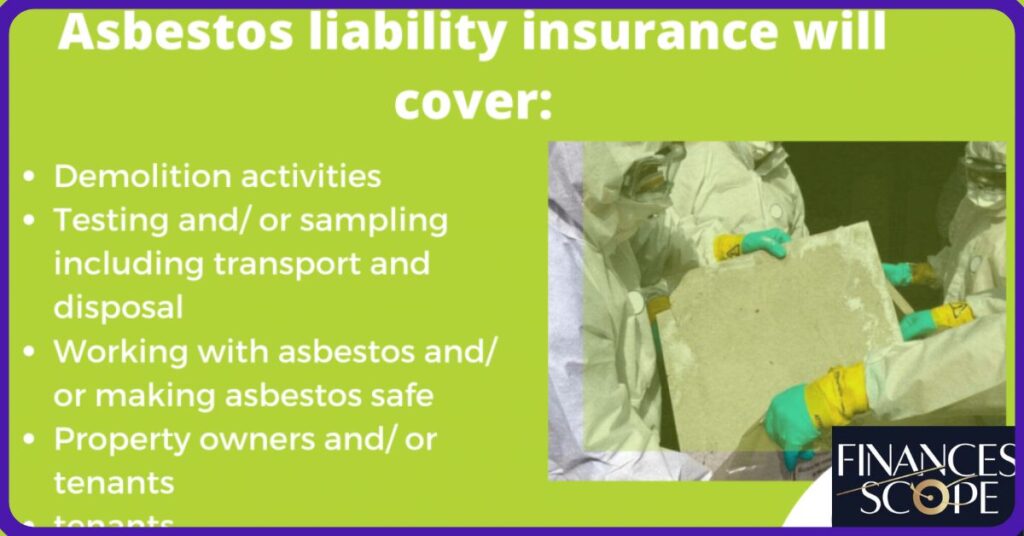
Insurance plays a complex role in asbestos liability cases. Many companies facing asbestos claims turn to their insurers for coverage. Understanding this aspect can provide insight into the financial dynamics of asbestos litigation.
Handling Asbestos Liability
Companies facing asbestos liability often rely on insurance policies. These policies may cover some or all of the costs associated with claims. However, the long-term nature of asbestos diseases complicates insurance coverage.
Many insurance disputes have arisen over asbestos liability. These disputes often center on which policies should cover claims. The resolution of these disputes can significantly impact compensation for victims.
Financial Implications For Businesses And Insurers
Asbestos liability has had massive financial implications. Many businesses have faced bankruptcy due to asbestos claims. Insurers have paid out billions in asbestos-related settlements and judgments.
The ongoing nature of asbestos litigation continues to impact businesses and insurers. This financial pressure has led to the creation of asbestos trust funds. It has also influenced how companies handle potential asbestos risks today.
Frequently Asked Questions
How long do I have to file an asbestos-related lawsuit?
The time limit, or statute of limitations, varies by state and type of claim. It typically ranges from 1-5 years after diagnosis or discovery of the illness.
Can I file a claim if the company responsible for my exposure is bankrupt?
Yes, many bankrupt companies have established asbestos trust funds to compensate victims. You may be able to file a claim with these trusts.
What if I’m not sure where I was exposed to asbestos?
An experienced asbestos attorney can help investigate your work and life history to identify potential exposure sources.
How long does an asbestos lawsuit typically take?
The duration varies widely, from several months to several years, depending on the complexity of the case and whether it goes to trial.
Can family members file claims for second hand asbestos exposure?
Yes, courts have recognized claims for secondhand exposure, such as family members exposed to asbestos fibers on a worker’s clothing.
Conclusion
Navigating the complex world of asbestos litigation can be challenging. Understanding the risks, regulations, and legal options is crucial for those affected. Asbestos-related diseases continue to impact lives decades after exposure.
Legal avenues provide hope for compensation and justice. However, the process can be complex and time-consuming. Working with specialized attorneys can help victims navigate these challenges. As research and legal precedents evolve, so too does the landscape of asbestos litigation.

Marcus Delgado is a certified financial planner with expertise in retirement strategies and tax optimization.
With a background in economics and a passion for helping individuals achieve financial freedom, Marcus provides practical advice on long-term wealth building and smart money management.
